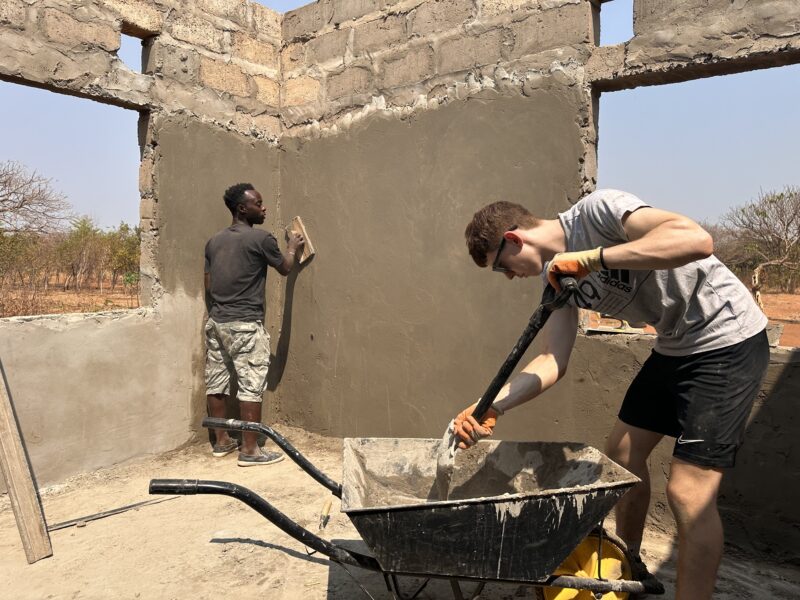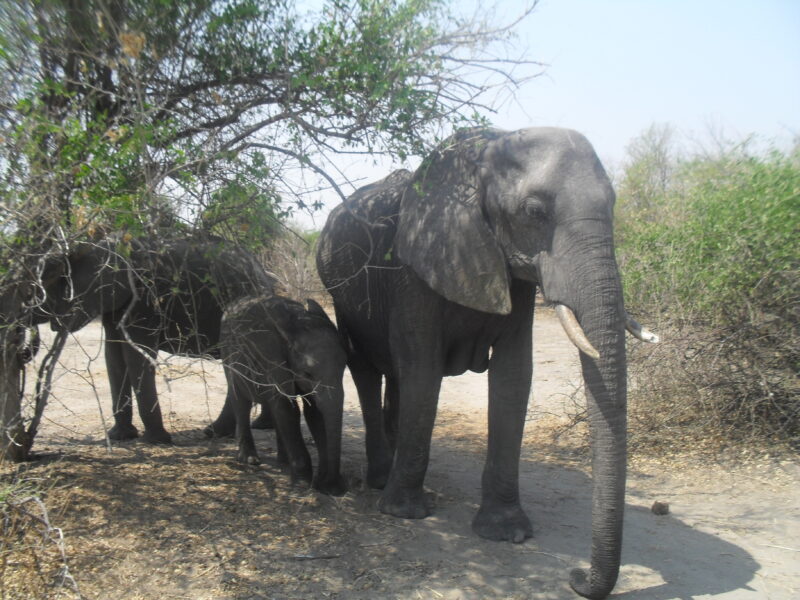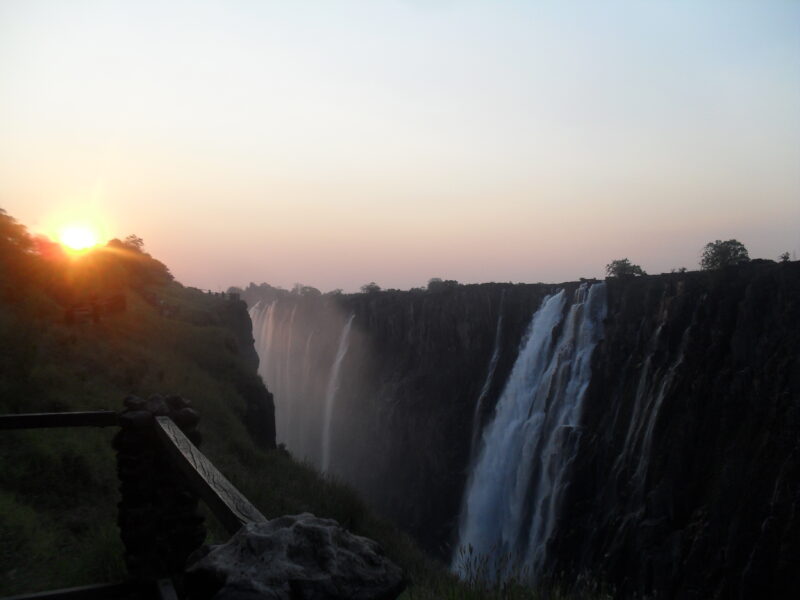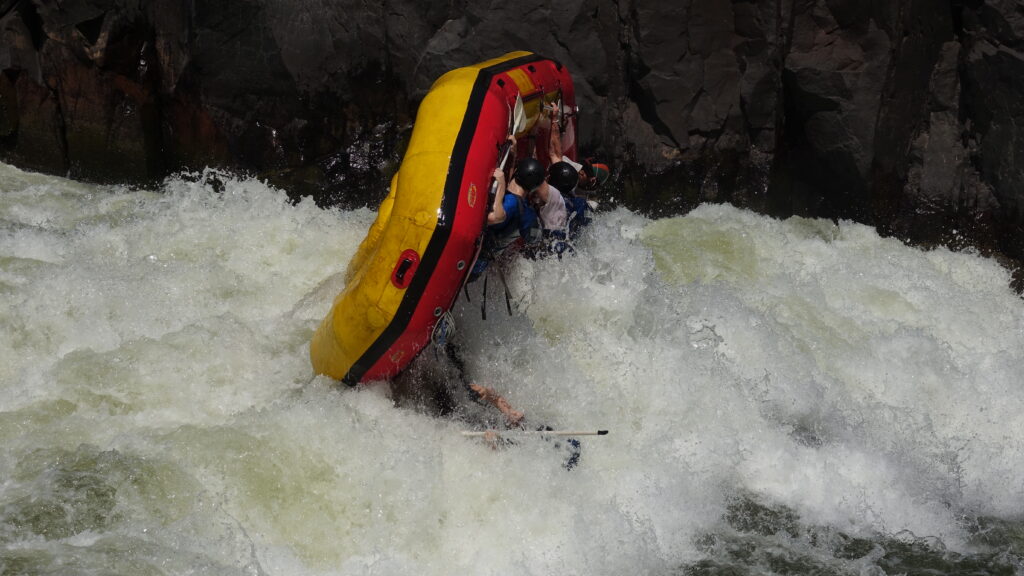
In late 2019, I fundraised enough cash for a conservation trip to Borneo – planting trees, restoring habitats, the works. The trip was scheduled for July 2020. Needless to say, life got in the way.
After waiting for travel to fully open up to volunteering destinations, in early September I could finally spend the morally-implicated pile of money I’d been sitting on for the last three years.
At this point I had to make a new plan, based on two conclusions; one – flying a 14,000 mile round trip with the proclaimed goal of saving the planet was rather counterproductive, and two – my football season started in a month and my cardio needed major work. Hence, I set my sights on a, very sweaty, construction project in the heart of sub-Saharan Africa.
When I arrived in Zambia on September 2nd, I was picked up from the airport in a dusty Hilux driven by Kennedy, who ran the volunteer program jointly with Rabeccah. He drove me and the new intake to the volunteer house in the rural outskirts of Livingstone – a tourist town that sprung up a few miles from the Victoria Falls. It was at the house that I met the remainder of my fellow volunteers.

A note for anyone planning on volunteering in future – you’ll be amongst a unusual mix. I’d expected a bunch of gap-year students with reusable Starbucks cups, but was instead met with an eclectic mish-mash of age and nationality that included: three pension-age Americans, three young medical students from Newcastle, two Aussies, middle-aged women from China, Brazil, New Zealand and London, and Morgan, a lad from Newport who turned out to be my roommate, and who bore an uncanny resemblance to Dillon Danis. It may have been a peculiar bunch, but it worked.
On that first day, after a near 25-hour journey all I wanted to do was collapse into the Hello Kitty bedsheets that had been laid out for me at the house, but instead I was convinced to jump in a taxi and head for a nightcap at Vix bar – sort of the Zambian equivalent of Timepiece.
It was the next day that the work began. I was doing manual labour at a local school, working with Ron (a 65 year old volunteer from Alaska), and some local builders – Gift, his brother Test, and Chris. In the first week, we were mostly mixing cement and moulding rows upon rows of bricks, as buying them ready made was too expensive. It was an arduous but important task that facilitated the later construction of further classroom space. In the second week, we turned our hands to plastering.
The work was hot and difficult throughout. The temperature fluctuated between 35 and 40 degrees – it was very dry and very dusty. At one point in the trip I’d ask Victor, one of the local taxi drivers, when it had last rained. He replied, “March”. I was struggling working in the blistering conditions – and I feared Ron may enter cardiac arrest, but we soon got acclimatised.
The work was hot and difficult throughout. The temperature fluctuated between 35 and 40 degrees – it was very dry, and very dusty.
During the work, I chatted with the local builders about Zambian life and culture. Test told me he walked 20km to and back from the school everyday for work. Chris showed me pictures of his own house that he was building nearby.
Gift regaled me with any number of fascinating stories – from his cousin losing half a leg to a crocodile a couple months back, to the time he lost his eyesight for a few hours when he encountered a spitting cobra on the way home from work, to his friend who, apparently, had eleven wives. At the mention of that last one, Ron’s ears pricked up, and I could see in his eyes that he was considering emigrating.
Up until 1964, Zambia had been a British colony under the name of Northern Rhodesia – hence the official language today is English, but locals converse primarily in Nyanja. One day while we were working, a van drove past playing a message in this dialect over a loudspeaker. I asked Gift to translate. He told me it was the government making a last call for people to have their dogs jabbed for rabies. Anyone who didn’t comply in time would have their pet shot in the morning. Life can be brutal out there.
We worked on the school every weekday from 8 in the morning to the early afternoon, when it became so hot that manual labour was borderline impossible (at least for us fragile Westerners). The afternoons and evenings we had to ourselves, and as I was only there for a fortnight, I tried to make the good use of my time.
Some afternoons I’d explore the town with Morgan and the girls. Some, I’d spend playing football with the local team or at one of the orphanages in town. On my fourth afternoon, we took a taxi to the Falls for sunset. It was simply staggering.

In the middle of my two week trip, I had a spare weekend, and on the Saturday a group of us drove across the border to Botswana, for a safari. Ron had lent me his truly massive binoculars, and I looked every inch the American tourist. Both with and without their help, I managed to glimpse lions, giraffes, buffalo, hippos, crocodiles and a shedload of elephants. Actually, you probably can’t fit many elephants in a shed. Make that a warehouse-load.
On the Sunday, Morgan, Jess and I went white water rafting on the Zambezi River, a simultaneously terrifying and intoxicating experience. We spent the day navigating five hours worth of Grade Four and Five rapids, with such welcoming names as ‘Oblivion’, ‘Commercial Suicide’, and ‘The Gnashing Jaws of Death’. When we returned home that evening, Taiz told me about a British teenager who had been mauled by a 10 foot crocodile on the same stretch of river two years previously. I made the executive decision to keep that one from my mother.

The last night of my trip we spent on a evening river cruise, which had an open bar that served what can only be described as the world’s strongest Tequila Sunrise. Watching the sun set over the Zambezi, I felt dejected to be leaving in the morning.
At the risk of sounding like a tourist board, if you ever get the chance to travel to Zambia, you should take it. It’s generally very safe and the wildlife and scenery are fantastic. But above all else, it’s the Zambians themselves that make the country. I’ve travelled a fair bit and never have I come across a people so happy, despite the fact that many of them live on the equivalent of less than a pound a day. Hence, my main takeaway was this. We should probably all cheer up a bit.


